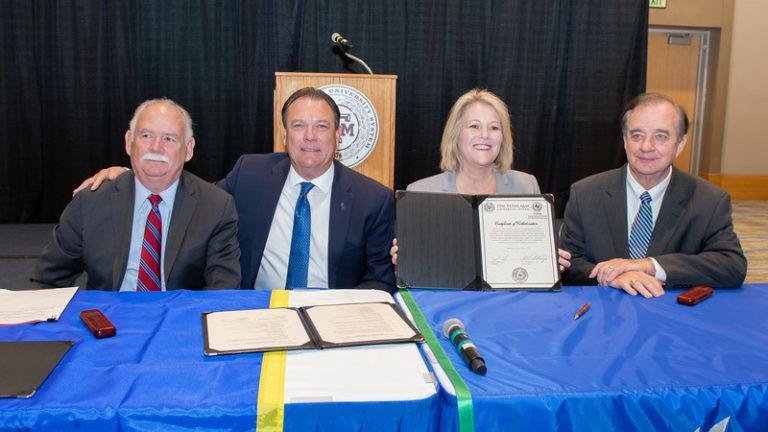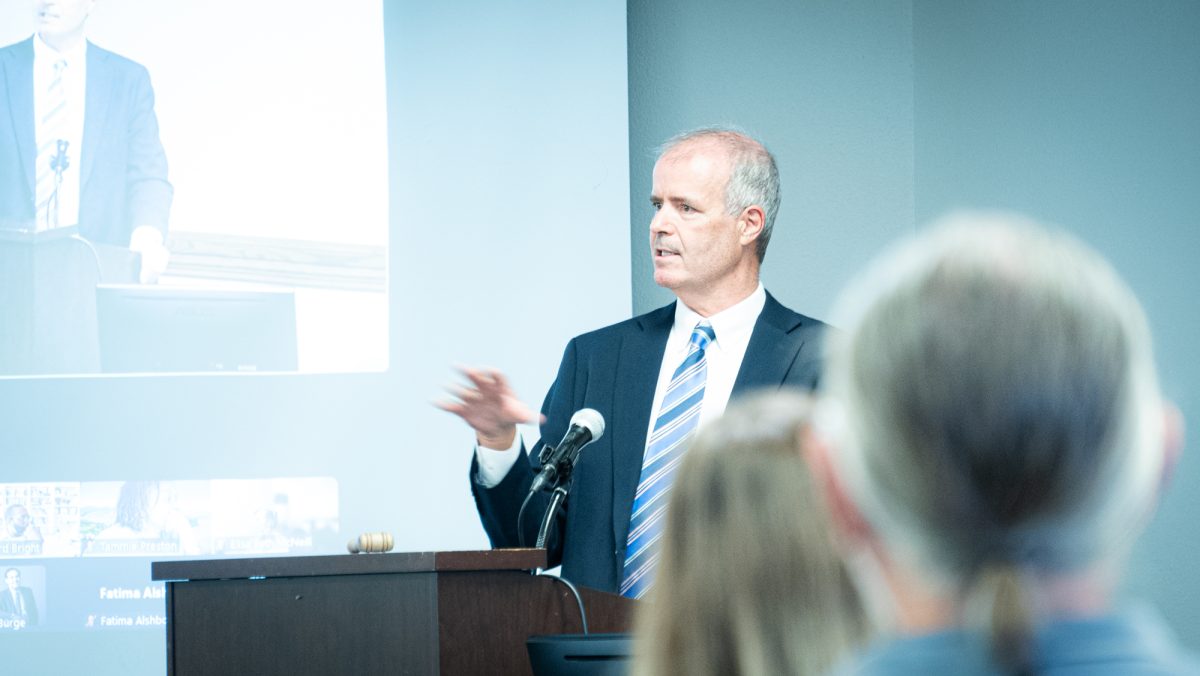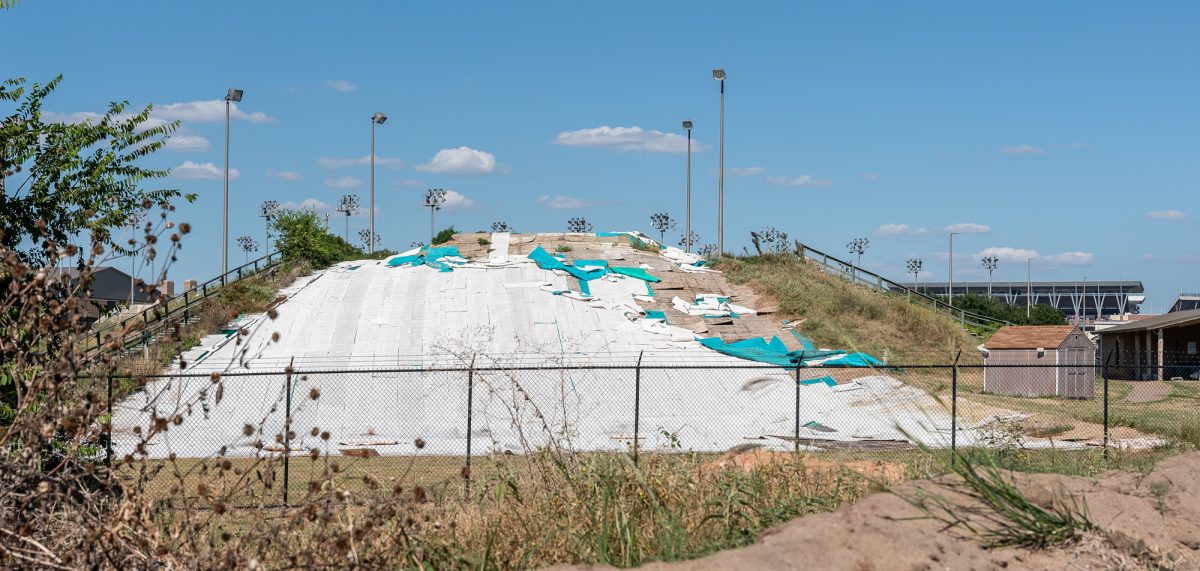Supervised Independent Living (SIL) offers students who have aged out of the foster care system a resource and extra support to fall back on while allowing the independence that comes with being a young adult.
SIL is an extended foster care placement program young adults can opt into. Under SIL, young adults may live on their own, work and go to school while simultaneously receiving casework and support services, such as the State College Tuition Waiver and the Education and Training Voucher Program to help them achieve independence. While receiving these benefits under SIL, enrollees are responsible for tasks such as managing their finances, buying groceries and finding a place to live. The eligibility requirements, history and other pertinent SIL facts can be found at the Texas Department of Family and Protective Service website.
Melanie McKoin-Owens, foster care liaison and case manager at Student Assistance Services, said the SIL program helps students overcome challenges they face during their college careers.
“Students who age out of the foster care system may not have support structures in place as they move forward,” McKoin-Owens said. “Ideally the SIL program will … provide a supportive environment for students.”
Mikayla Slaydon, a university studies junior, said SIL has benefited her in her college career and hopes the program can further grow to help create a network of students.
“The program does benefit me because it gives me a lot of support in areas of my life that I didn’t know I needed support in, whether it’s educational support or family support,” Slaydon said. “I definitely feel like the program is accomplishing what they set out to do.”
McKoin-Owens said the two major benefits SIL provides are financial resources to pay for housing and food, as well as a connection to her as A&M’s foster care liaison.
“Students will be expected to have weekly accountability meetings, attend different programs throughout the year and be in good standing academically,” McKoin-Owens said.
According to Slaydon, SIL helps young adults like her in ways that kids in regular foster care can’t.
“[SIL] is more individualized to me because when you’re in foster care, there’s so many kids in there so there is only so much time the caseworker can spend with you,” Slaydon said. “But mine here in SIL can spend so much more time with me and make my plan throughout the rest of college personalized, and that’s very important.”
Although students in the SIL program are provided with an extra support structure, McKoin-Owens said students enrolled in the program are like that of everyone else around them, with all the benefits and pitfalls of college life.
“I believe the day-to-day will be just like any other college student,” McKoin-Owens said. “Students who participate in SIL will have the same access to resources on campus and will navigate college life similarly.”
With only two percent of youth formerly in Texas Foster Care obtaining a bachelor’s degree, McKoin-Owens said the goal of the SIL program is to provide all necessary pillars of support to raise the low degree rates.
“We have created a program that will help students cultivate a sense of belongingness to A&M and realize they can soar beyond what any statistic may say,” McKoin-Owens said. “SIL will create an opportunity that combines financial support, the human connection, and accountability to help students not only enter higher education but obtain a degree.”
Providing extra encouragement, Supervised Independent Living benefits students who have aged out of the Texas Foster care system
March 2, 2020
Photo by via TAMU System
Texas A&M Corpus Christi and Kingsville were the first system campuses to institute the SIL Program before expanding to the College Station Campus.
0
Donate to The Battalion
Your donation will support the student journalists of Texas A&M University - College Station. Your contribution will allow us to purchase equipment and cover our annual website hosting costs.









